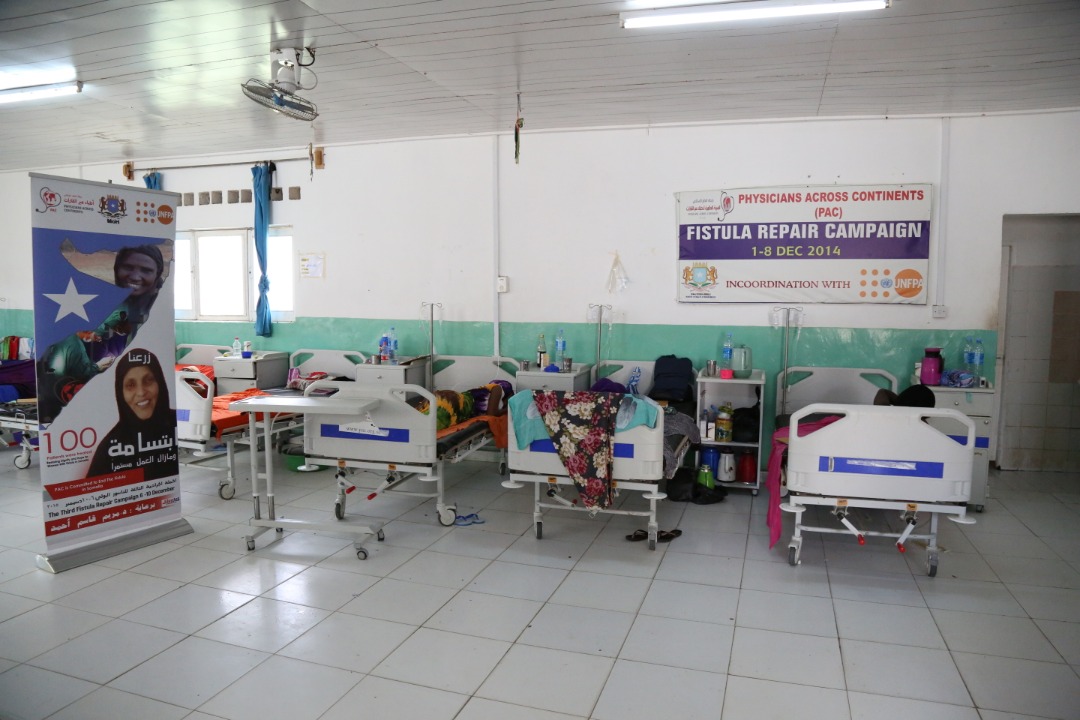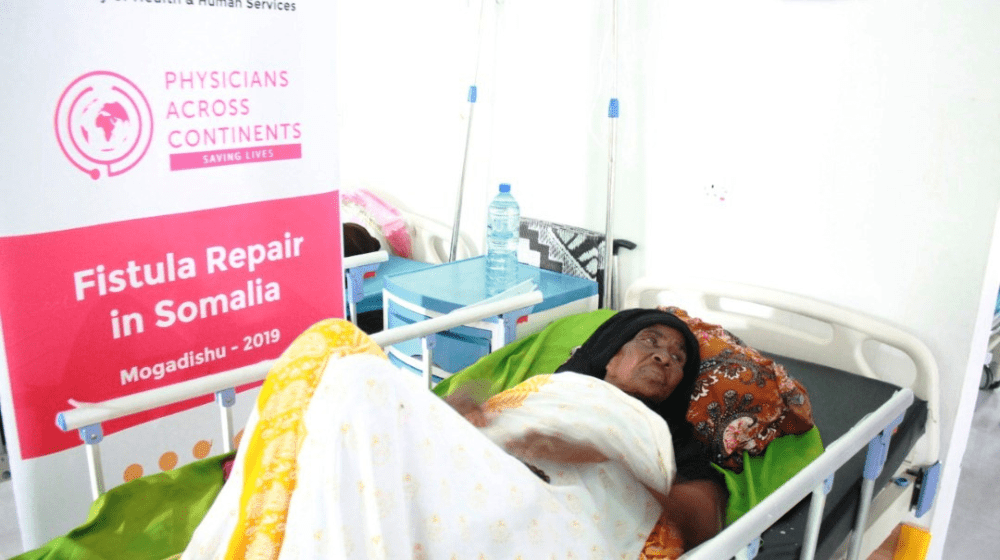Living in shame
Hundreds of thousands of women and young girls in poor and developing countries are living with chronic health problems, suffering from stigma, shame, humiliation, isolation and discrimination, and often abandoned by their spouses and families and ostracized by their communities. The reason for this immense suffering is that these women or young girls are living with the tragedy of obstetric fistula; a hole between the birth canal and bladder and/or rectum, that is caused by prolonged, obstructed labour without access to timely, high-quality medical treatment. Fistula leaves women and girls leaking urine, faeces or both, and often leads to depression, social isolation and deepening poverty.
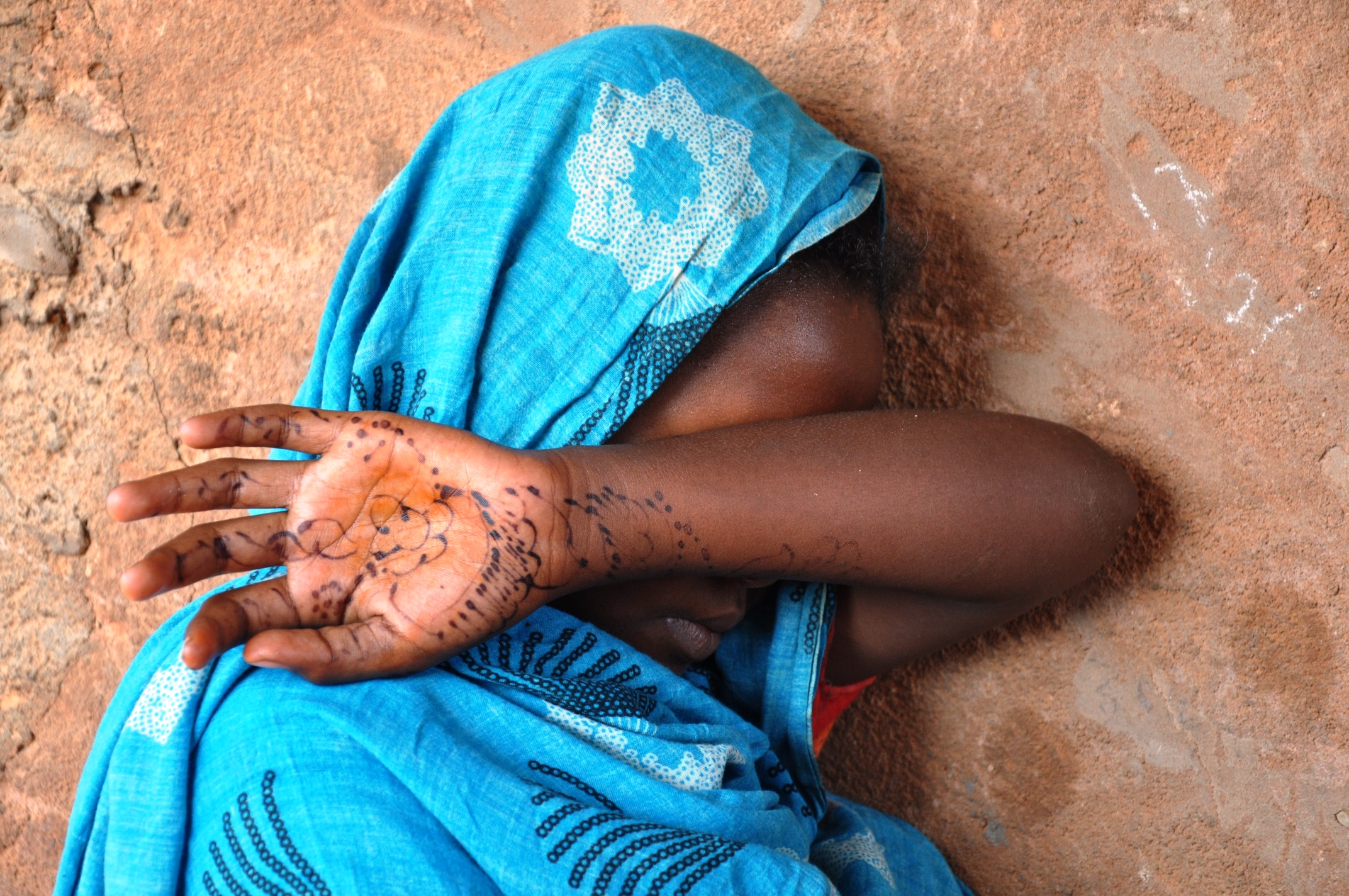
Each year, 50,000 - 100,000 women and girls in low and middle income countries, including in the Arab states region develop fistula, and it is estimated that two million women and girls are in need of fistula repairs. Yet fistula is almost entirely preventable. Its persistence is a sign of global inequality and an indication that health and social systems are failing to protect the health and human rights of the poorest and most vulnerable women and girls. “I felt humiliated and shunned by my community, and this started to affect me psychologically.” Zainab* Muhamad from Burco, Somaliland
Women and girls living with obstetric fistula may be blamed by their community members for their condition, viewing it as punishment for sin or a venereal disease or curse. “After I gave birth to my baby, I started to suffer from urine leakage, and I couldn’t afford buying diapers. So I decided to lock myself at home for days and not to meet anyone. And when I decided to go out, I was bullied by some people describing me as an animal because I was urinating on myself.” Laila*, a 34 years old poor woman from Taiz, Yemen
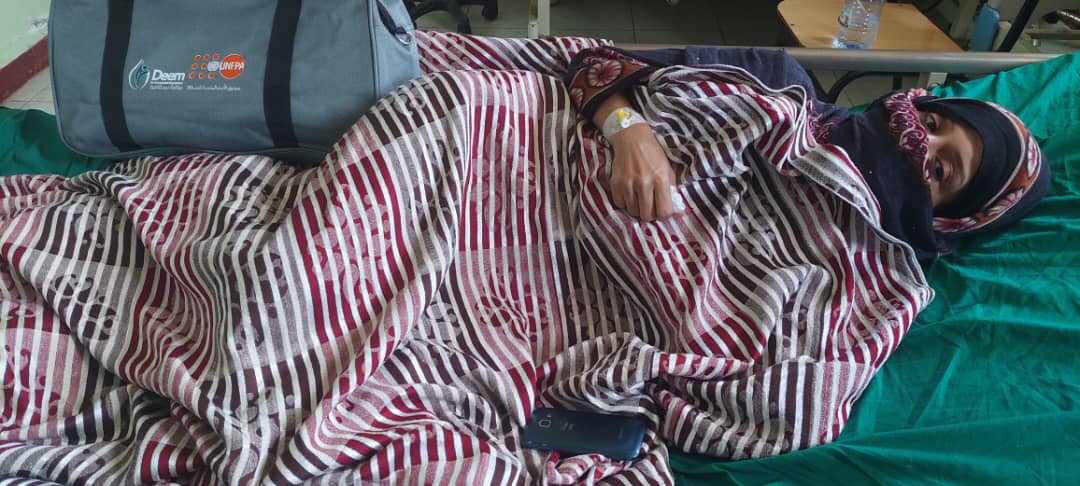
Injured bodies and damaged lives
Left untreated, obstetric fistula causes immense pain, infections, ulcerations, chronic incontinence and can lead to a range of other physical ailments, including frequent infections, kidney disease, painful sores and infertility.
Fistula does not only cause physical injuries but its psychological consequences are devastating. It can destroy relationships and end marriages. It is a common event that fistula-affected women face divorce as they fail to satisfy their husband’s sexual needs and/or fail to bear children in addition to the smell of urine that is intolerable to a lot of husbands. They suffer from depression and suicidal thoughts and other mental health issues. Denied livelihood opportunities, they are driven deeper into poverty and vulnerability.
“A month after my baby was born, I was diagnosed with obstetric fistula. My husband decided to divorce me. He described me as a ‘ruined’ person” said Marwa*, a child bride from Al Hudaydah, Yemen
Child brides face a double burden of tragedy
While obstetric fistula does not discriminate by age, child brides face a double burden of tragedy. They are particularly vulnerable because of their physical weakness, small size and bodies that may not be ready for childbirth. Delivery is therefore often prolonged.
“I was 15 at the time. I spent almost 8 hours in the operating room. I can’t remember anything except that I was crying my heart out. And after all this suffering the baby came out dead.” said Seham* from Yemen who has experienced two stillbirths and a recurrent obstetric fistula resulting from her difficult deliveries.
Curable and preventable
Women with obstetric fistulas have suffered great trauma, but this does not need to be the end of their story. They deserve to be given a second chance, they deserve to be given back their lives and dignity. Up to 95 per cent of fistulas can be treated and closed with surgery.
“I have never been happier in my life than I am now. I can now participate in community activities and interact with everyone easily. I no longer feel lonely.” said Zainab* from Burco, Somaliland. After undergoing a repair surgery in 2018, Zainab has been enjoying a life free of obstetric fistula getting her dignity back.
But before ever reaching the treatment stage, focus should be on prevention. To address the high incidence of obstetric fistula and maternal death, health officials and policymakers must work on ensuring skilled birth care at all births and providing timely and high quality emergency obstetric care for all women and girls who develop complications during delivery.
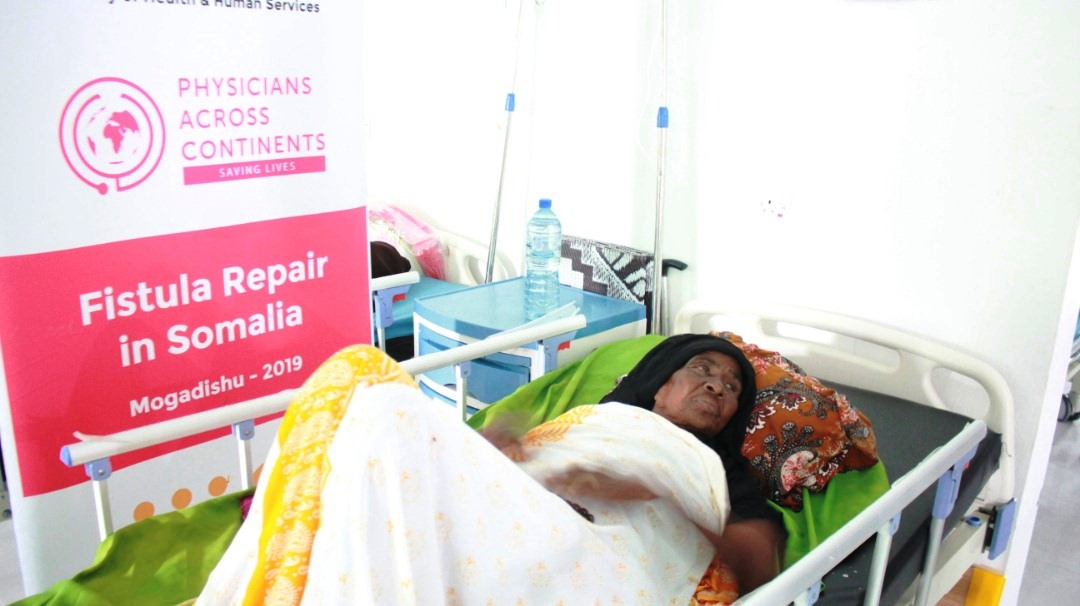
Intensifying efforts to end fistula
UNFPA leads the global Campaign to End Fistula – representing nearly 100 partner agencies at the global level and hundreds of others at the national and community levels. The Campaign is present in more than 55 countries in Africa, Asia, the Arab region, and Latin America/Caribbean and focuses on four key “pillars”: prevention, treatment, social reintegration and rehabilitation, and advocacy. Guided by the human rights principles of non-discrimination, participation, and accountability, these four strategies provide an operational framework for the practical application of a human rights-based approach to policies and programmes for the elimination of obstetric fistula and several other maternal morbidities. UNFPA has supported over 138,000 surgical repairs (from 2003 through 2022) that have helped restore dignity and transform the lives of countless women and girls. In the Arab region, UNFPA supports treatment of obstetric fistula in Yemen enabling women to access free fistula repair surgeries and helping their rehabilitation and reintegration in society.
